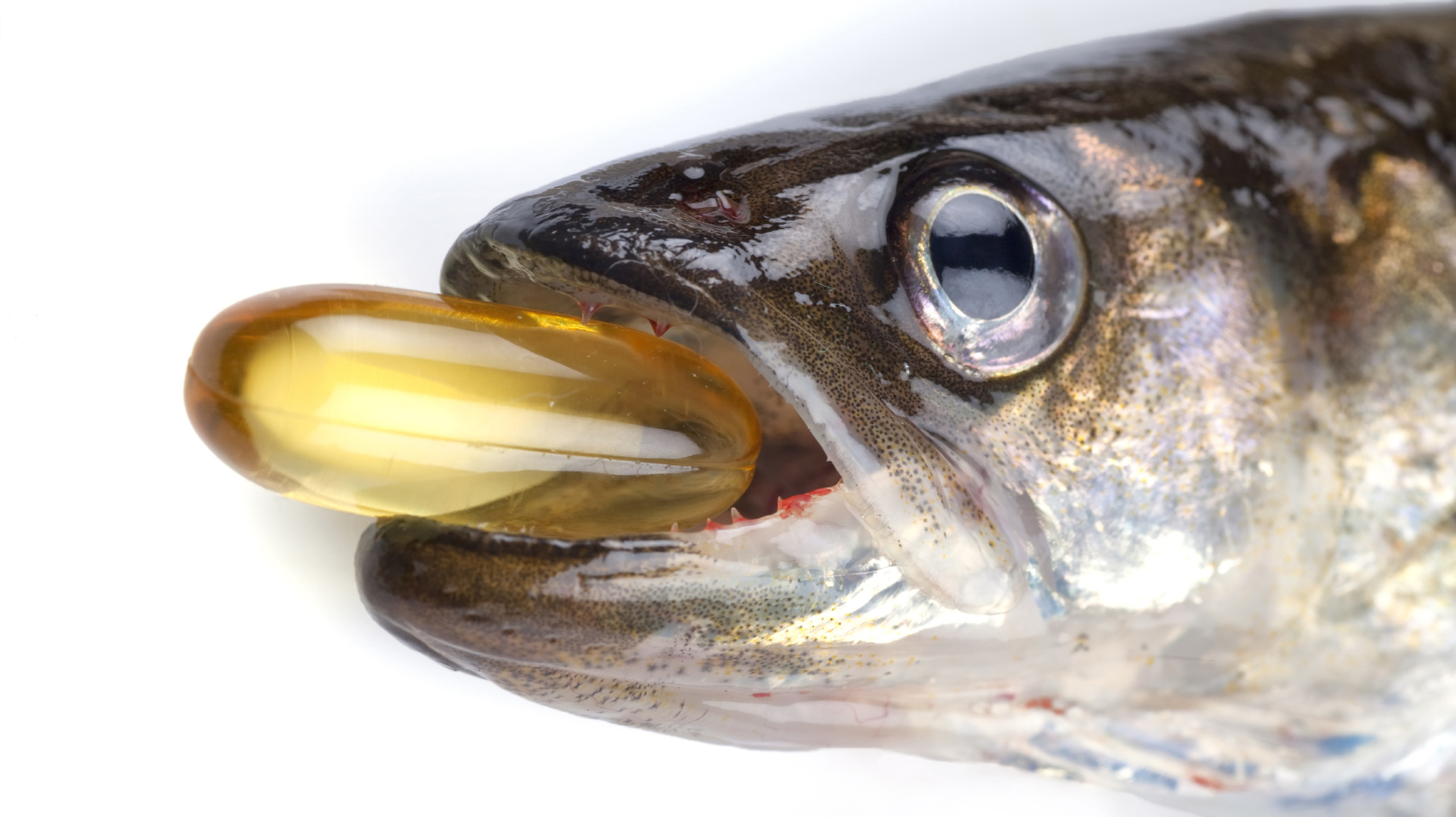Have you ever wondered what’s so special about fish oil and what’s the hype about best fish oil supplements? Well, it would be interesting to learn that there are only a few supplements in the market that can offer as many health benefits as are offered by fish oil supplements. Regardless, of who you are, one thing is certain that you’re definitely going to benefit from best fish oil supplements.
Whether you’re looking to lose that extra fat or maximize your muscle building experience or better still, looking for a pathway for complete health, best fish oil supplement is something you need to make a part of your daily diet.
What Exactly Is Fish Oil?
A form of fatty acid, fish oil is derived from the tissues of the oily fishes. It largely contains omega 3 fatty acids, including EPA and DHA that are known for delivering vast health benefits and have been the most talked about topic of research over the last few years.
People who include a large amount of fatty fish in their diets need not consider exploring the fish oil supplements benefits, as they get enough of this nutrient from their diet alone. But, what is to be remembered is that many varieties of fishes tend to contain higher levels of mercury, which requires immediate attention and needs to be monitored in human body.
Excessively high levels of mercury can be dangerous for the health, so it’s important that you try maintaining the right balance. Taking best fish oil supplement along with fatty fish on occasion, is the best way to meet omega 3 needs of your body safely.
Best Fish Oil Supplements – Your Body Needs Them
Best fish oil supplements offer a variety of health benefits. But, here are the top main reasons why you should consider taking best fish oil supplements.
- Supports Healthy Cholesterol Levels
Fish oil supplements benefits extend to supporting healthy blood cholesterol levels. Adding about 3-6 grams of fish oil in your diet daily may help promote the healthy ratios of HDL to LDL and also help maintain healthy levels of triacylglycerol concentrations in the body.
Taking best fish oil supplement along with a nutrient rich diet that includes fresh fruits and vegetables can help you support a healthy lifestyle and overall well-being.
- Preserves And Promotes Bone Health
As you grow old, your bones start becoming thin, losing their strength and increasing the chances of developing osteoporosis. This is especially true for postmenopausal women, who can no longer sustain the standard levels of estrogen and progesterone, which eventually sets in bone weakening.
Various studies have looked into the implications caused because of intake of long-chain polyunsaturated fatty acids and their effects on the bone density as well as calcium balance in post-menopausal women. After which it was concluded that women who take higher levels of fatty acids may support healthy bones.
Perhaps, the best way to ensure complete bone health is to ascertain that you get enough calcium in your diet on a daily basis. Additionally, it has also been looked into that it will be very smart if you begin to pay attention and consume best fish oil supplements daily.
- An Excellent Mood Support
Research has indicated that including best fish oil supplements in your daily diet may offer exceptional mood support.
Owing to current sedentary lifestyles and binge eating habits of the people that include vast consumption of processed foods, people today are not getting enough quality nutrition coming in to support a healthy system. This not only adds to the stress build-up, but may also exacerbate the mood disorders, such as anxiety and depression.
Fish oil supplements benefits by supporting the levels of serotonin aka the “feel good” hormone in the body. For optimum serotonin benefits in the body, you’ll have to consume a carbohydrate rich diet that will help to put in a peaceful and relaxed state.
By taking best fish oil supplements, you can support the serotonin release in your body naturally, which will ultimately help you manage stress more effectively.


